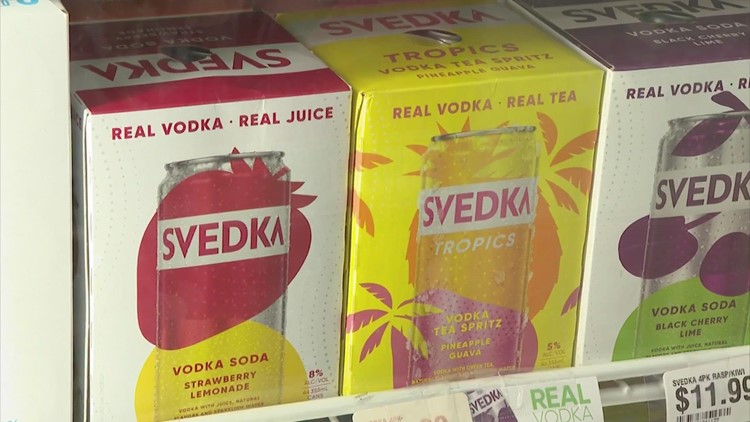The Texas Senate is deliberating a bill that could allow spirit-based ready-to-drink cocktails in grocery stores. While the proposal is gaining popularity, its passage remains uncertain, leaving Texans wondering if convenience is on the horizon.
A popular alcohol bill is gaining momentum in Texas but will it pass?

Key Takeaways:
- Texas Senate’s Consideration: A bill could permit spirit-based RTD cocktails in grocery stores.
- Growing Support: The bill is popular and gaining momentum.
- Uncertain Outcome: Skepticism exists about whether it will pass.
- Current Limitations: Spirit-based RTDs are not presently sold in grocery stores.
- Potential Changes: Passage could alter alcohol purchasing options for Texans.
A Potential Shift in Texas Alcohol Sales
Introduction
The Texas Senate is considering a bill that could transform the state’s alcohol retail landscape. The proposed legislation seeks to allow spirit-based ready-to-drink (RTD) cocktails to be sold in grocery stores—a move that could offer greater convenience to consumers.
Current Alcohol Laws in Texas
Under existing laws, Texans cannot purchase spirit-based RTD cocktails at grocery stores. These beverages are exclusively sold in liquor stores, limiting availability to consumers who may prefer the convenience of supermarket shopping.
Details of the Proposed Bill
The bill aims to expand alcohol sales by permitting grocery retailers to stock spirit-based RTD cocktails alongside beer and wine. This change would provide consumers with more options and reflect evolving preferences in the beverage market.
Momentum and Skepticism
The proposal has garnered significant popularity, indicating strong support for increased accessibility to spirit-based RTDs. However, despite the momentum, there is skepticism about whether the bill will pass. Legislative hurdles and opposition could impede its progress through the Senate.
Implications for Consumers and Retailers
If enacted, the bill would allow Texans to purchase spirit-based cocktails during routine grocery trips, enhancing convenience. Retailers could see increased sales and customer satisfaction by offering a broader selection of alcoholic beverages.
Conclusion
The fate of the bill remains uncertain, but its consideration marks a notable moment in Texas’s approach to alcohol sales. As the Senate deliberates, consumers and retailers alike await a decision that could impact purchasing habits across the state.











